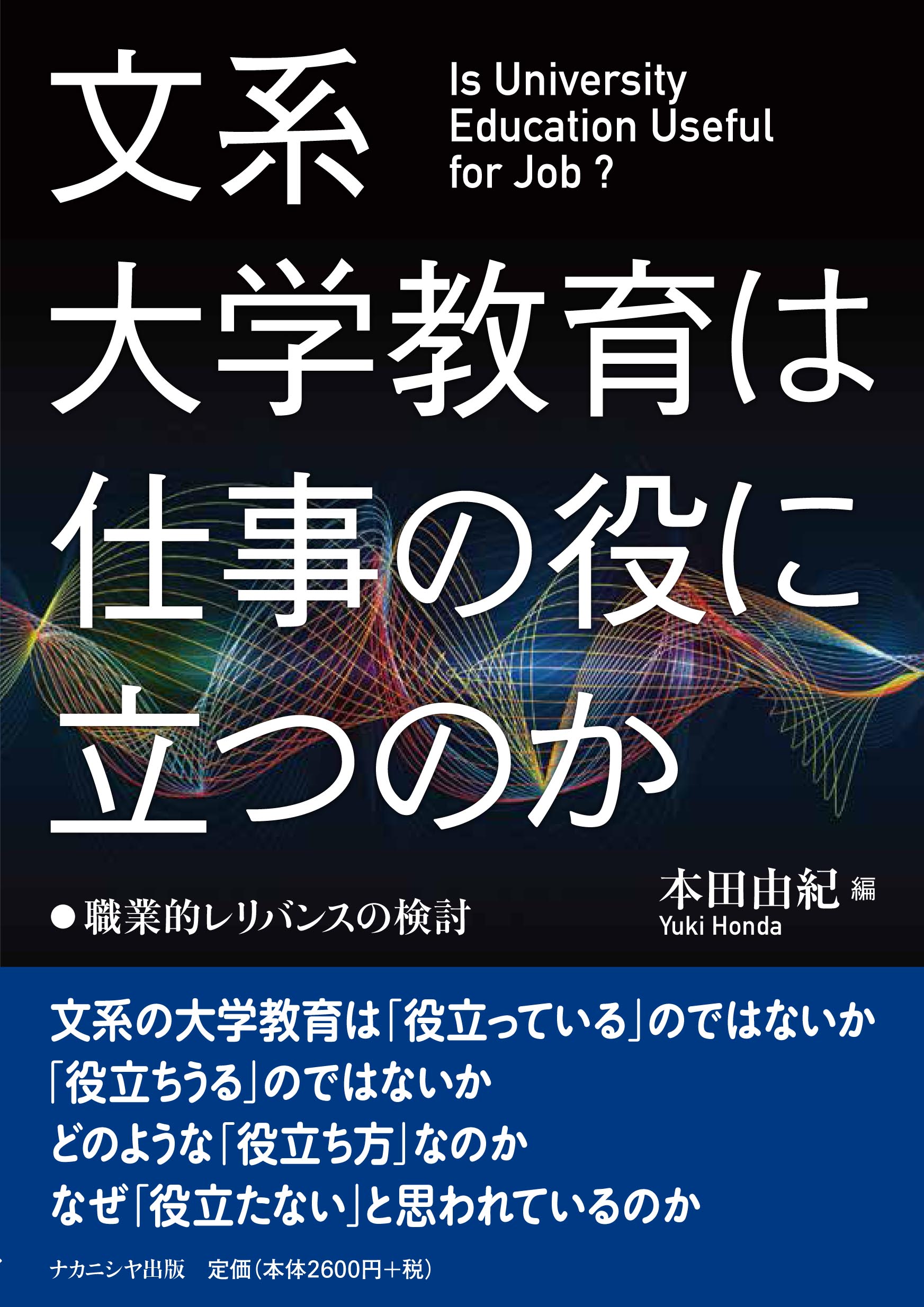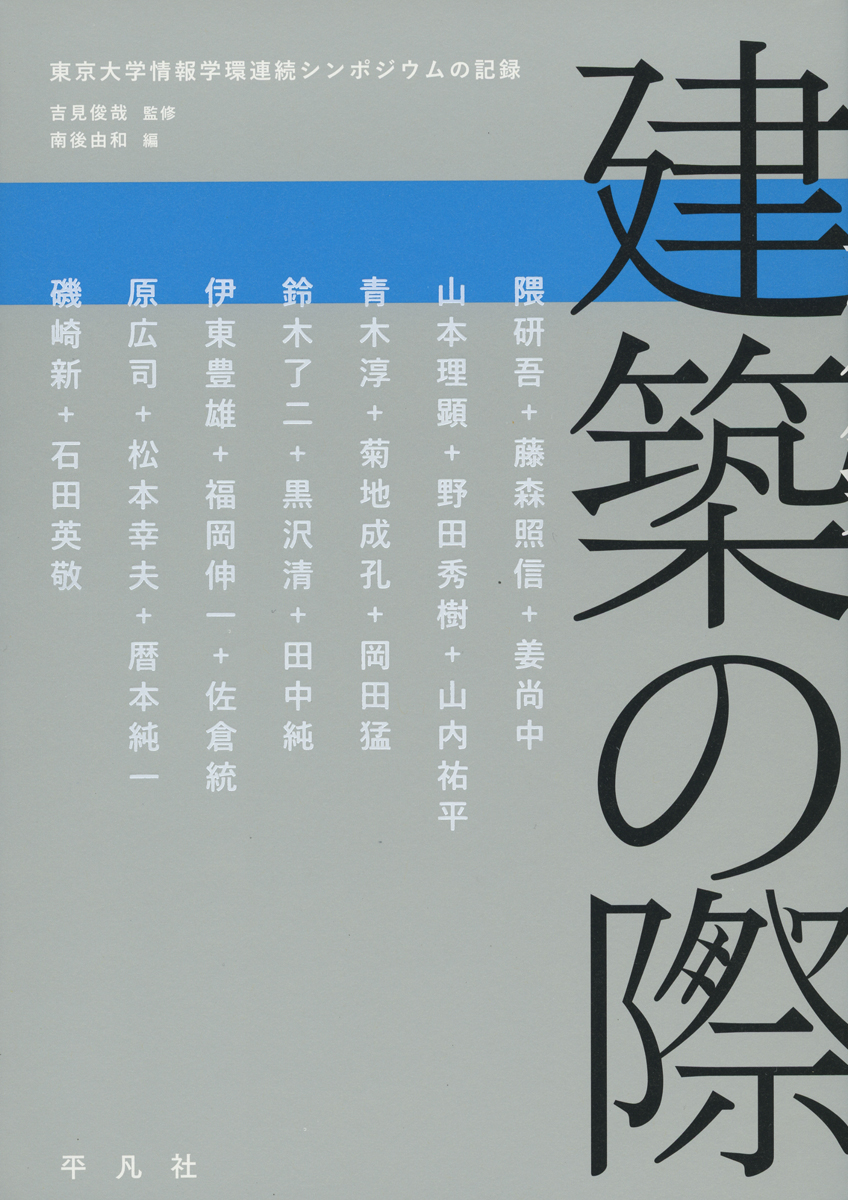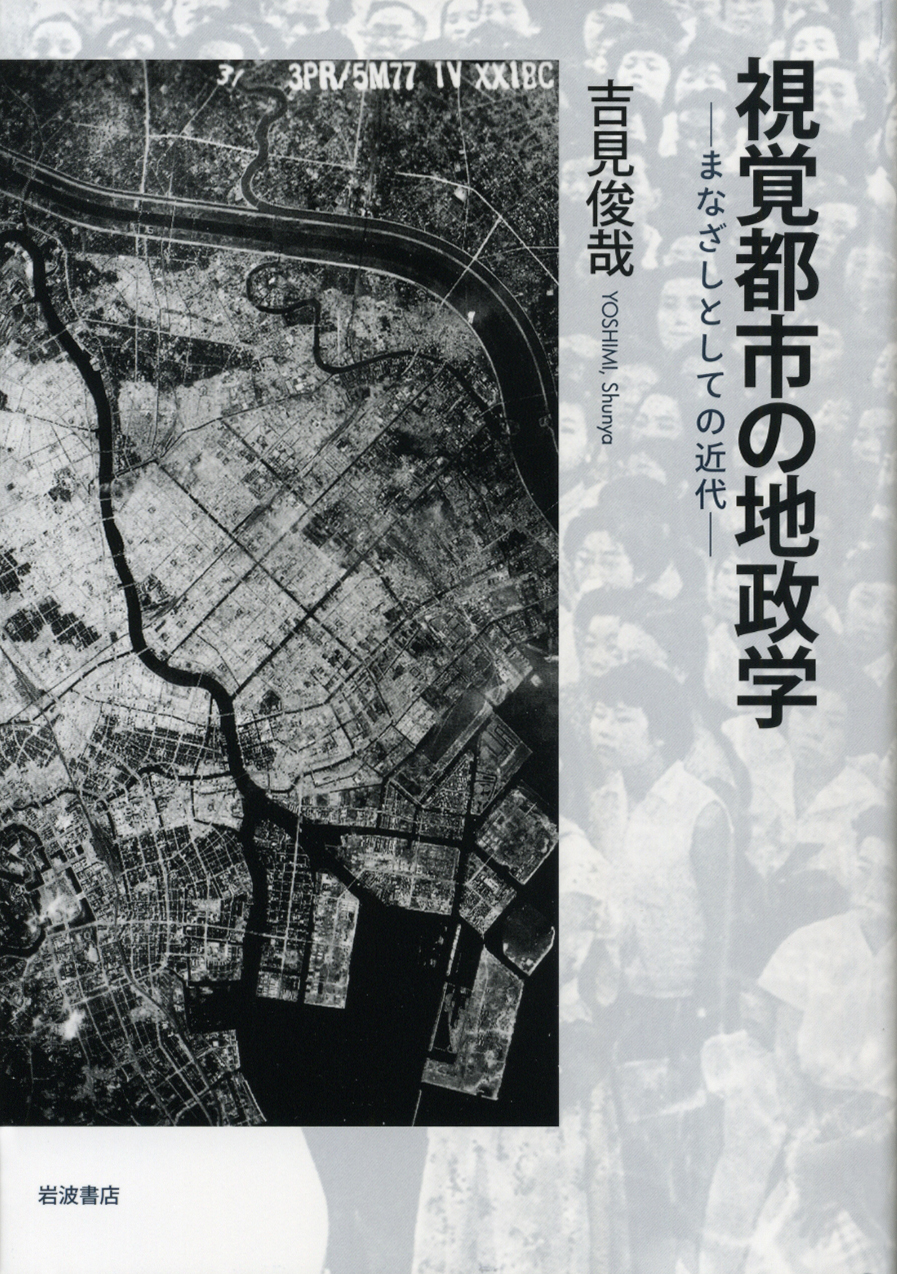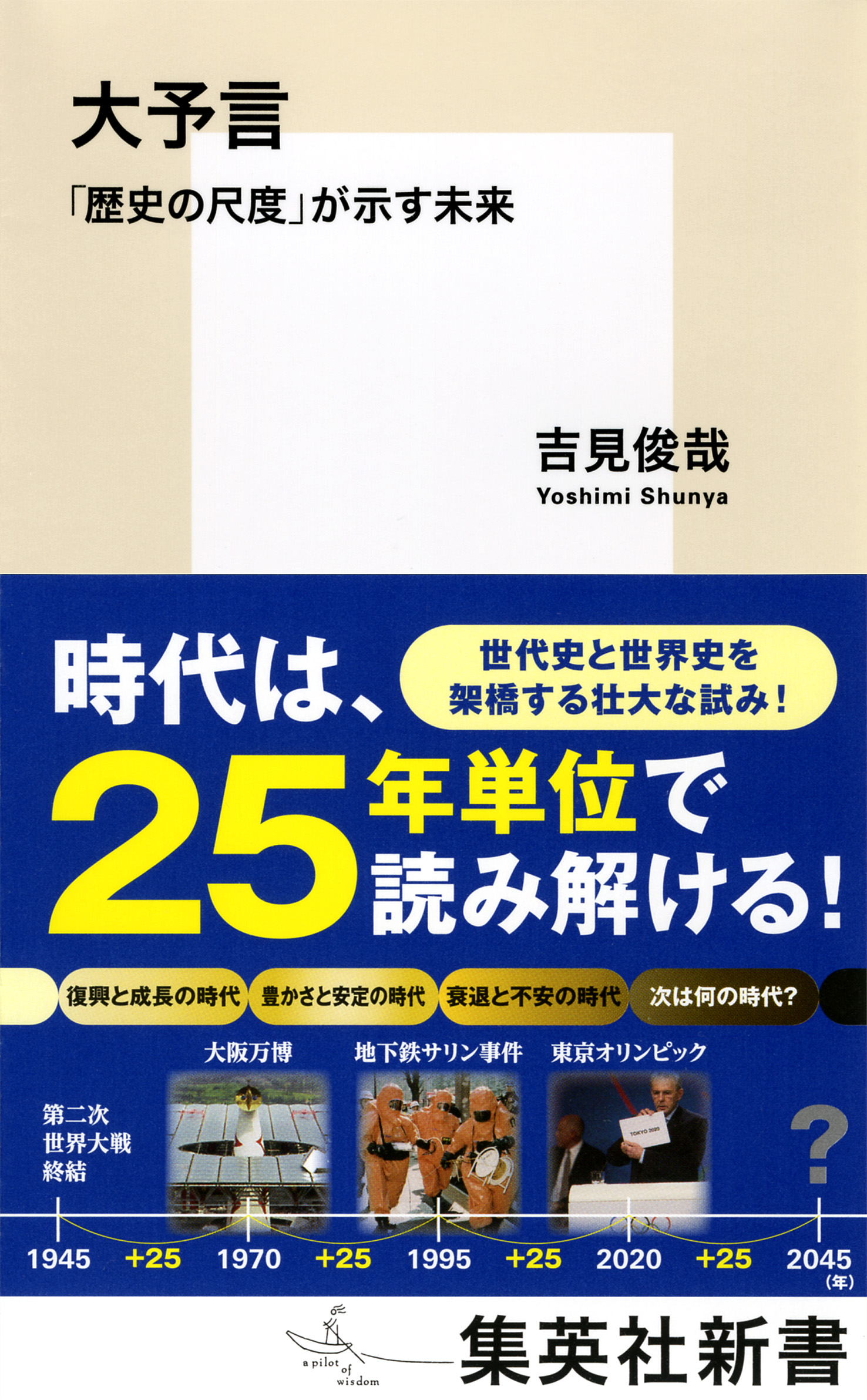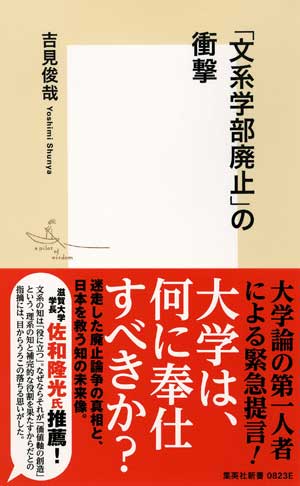
Title
Bunkeigakubu Haishi no Shogeki (University from Ruin: Humanities in the Age of Crisis)
Size
256 pages
Language
Japanese
Released
February, 2016
ISBN
978-4-08-720823-8
Published by
Shueisha Inc.
Book Info
See Book Availability at Library
Japanese Page
In the summer of 2015, the media reported that the Ministry of Education, Culture, Sports, Science and Technology (MEXT) had announced a policy of abolishing or down-sizing faculties of humanities and social science (HSS) from national universities. As a result of this reporting, MEXT was attacked from all directions including media, academics and even business people. In this book, the author examines the evidence and concludes that the media reports were largely incorrect and the result of an overzealous search by the media to find material critical of the government. HSS in national universities had been weakening for more than 10 years since the semi-privatization of national universities in 2004. Moreover, the fundamental reason for the weakening of HSS is the prevailing idea that "Science and Engineering is useful, but HSS is useless", which this book precisely tries to refute.
The author maintains the fundamental claim that HSS is always "very useful". He discusses two different dimensions of usefulness. One is the instrumental usefulness of accomplishing a purpose, at which Science and Engineering particularly excells. But this usefulness can only be effective so long as the purpose does not lose its social significance. In other words, if the basic value of the society changes and the former purpose loses its social significance, instrumental usefulness must lose all of its value. On the other hand, there is another dimension of usefulness, namely the creation of value. In fact, the basic values of society have always changed every 30 to 50 years. It is absolutely essential and necessary to study HSS in order to analyze and drive such change in social values. HSS is precisely founded on the analysis of differences between values and the process of change from one set of values to another. The imagination of new values necessarily involves internal critique of existing values. By thus relativizing existing taken-for-granted values, HSS is useful in the longer term as a way of exploring and finding a path toward new values.
This view of HSS is expounded by tracing the history of knowledge and intellectual organization from medieval times, The liberal arts emerged in the medieval universities alongside the other established disciplines of theology, law, and medicine. Philosophy and the humanities developed further with the rise of the publishing industry. Science and engineering first came to be clearly separated from the humanities and social sciences with the industrial revolution and expansion of scientific knowledge in the nineteenth century. It is only then that the value of HSS came to be called into question. At the beginning of the twentieth century, social scientists like Max Weber and members of the neo-Kantian school defined HSS as the study of values.
In addition, this book discusses how to promote the usefulness of HSS knowledge in universities of the future. To achieve this, it will be necessary to remove numerous barriers that currently hamper the development of university education, such as the entrance examination system, job-hunting activities, divisions between different levels of study, and linguistic barriers. Linking structures must be built to bring together the currently divided parts of the university into a more coherent whole. In response to the pluralism and complexity of today’s knowledge society, new mechanisms such as the double major and the supplementation of majors with minors are necessary. At the same time, university education must cease to be a rite of passage experienced only once in a lifetime and instead become a facilitator of multiple career transitions. Thus, we can envision a society in which people go to university as many as three times in the course of their lives.
(Written by YOSHIMI Shunya, Professor, Interfaculty Initiative in Information Studies / 2018)



 Find a book
Find a book


 eBook
eBook